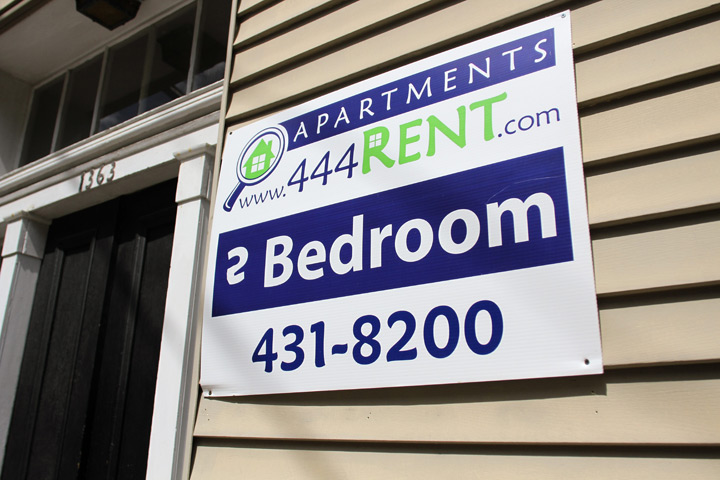New mortgage rules coming into effect in October and November likely won’t have much of an impact on already-tight rental markets in Canadian cities, experts say.

As of Monday, Oct. 17, everyone hoping to qualify for an insured mortgage will be subjected to a “stress test” – checking whether they will qualify at the Bank of Canada’s conventional five-year fixed posted rate. Right now, that’s about 4.6 per cent, significantly higher than what most banks offer.
READ MORE: Ottawa’s new mortgage requirements could make it harder to secure a mortgage
In an article by Bloomberg News, the Department of Finance estimated that this would affect about eight per cent of new home purchases.
But that doesn’t mean that there will be eight per cent more people suddenly looking to rent an apartment, said Craig Alexander, chief economist with the Conference Board of Canada.
Many people will simply buy a less-expensive home. “The people who will get pushed out of the market, or are vulnerable to being pushed out of the market, are the first-time buyers who are buying the entry-level home. Because if you can’t qualify for the price of the entry-level home, then you’re not going to be able to move to a price point lower than that,” he said.

Get weekly money news
He isn’t sure what percentage of buyers this might be, but he doesn’t think it will be much.
“I don’t think we’re talking about a dramatic number of individuals. On the margin, it will impact demand, but it’s not a game-changer.”
David Hulchanski, professor of housing and community development at the University of Toronto, agrees that it’s hard to tell how many people will linger in the rental market as a result of the mortgage changes. And he doesn’t think it will be enough to really change things.
“Let’s take Toronto. So the City of Toronto has about 1 million housing units. Half are rental. And there’s another million in the 905 and one-third are rental. So these are a lot of rental units,” he said.
“Right now today, how many people in their rental units are dying and freeing up a unit? How many couples are breaking up and one is going to join the rental market? How many people are landing in Toronto right now as newcomers and looking for a place to rent? It goes on and on.”
So many things affect the number of rental units, he said, that any influx of people due to mortgage changes is “just too tiny to impact the market.”
READ MORE: The rental crunch – How a lack of apartments is affecting Canadian cities
Not everyone agrees, though. A new report released Friday by the Toronto real estate research firm Urbanation suggests that “there will no doubt be a sizeable chunk of demand taken out of the homeownership market that will be directed into the rental market.” However, the report doesn’t specify just how sizeable that demand might be and mostly examines the condo rental market rather than the entire Toronto rental market. There are about three times as many purpose-built rental apartments in Toronto as rented condos, according to CMHC.
Historically, said Hulchanski, the only thing that has caused the vacancy rate in a Canadian city to change radically is economic boom and bust: notably in Calgary and Edmonton. Other cities generally don’t see these kinds of dramatic changes, he said.
Vacancy rates in many Canadian cities are very low though, particularly in cities that also have a hot housing market. In Toronto, it was 1.6 per cent, in Vancouver, 0.8 per cent in October 2015, according to data from the Canadian Mortgage and Housing Corporation, and average rents rise year over year. Part of the reason for this, said Hulchanski, is that there has been relatively little purpose-built rental housing constructed since federal programs ended in the mid-1980s.
The federal government is currently holding public consultations and asking for public input on an upcoming National Housing Strategy, which could include programs or incentives to build new rental housing – as promised during the 2015 election campaign. Canadians can submit comments online until Oct. 21, and a report summarizing the consultation’s findings is set to be released in November.




Comments